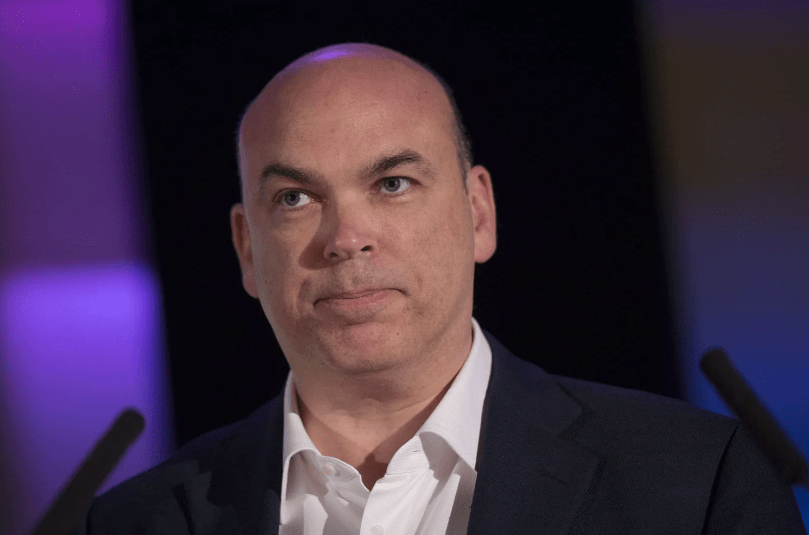HP has secured a £700 million judgment against the estate of Mike Lynch and his former business partner, bringing closure to one of the UK’s most high-profile corporate legal battles.
The payout comes in the wake of HP’s claim that Lynch and Hussain inflated the value of Autonomy prior to its $11.1 billion purchase in 2011.
Hewlett Packard (HP) is poised to receive a windfall of over £700 million from the estate of the late Dr Mike Lynch and his former associate Sushovan Hussain, following a decisive ruling by the High Court in London on Tuesday.
This judgment marks a major step forward in the tech giant’s long-running legal battle over its controversial acquisition of British software firm Autonomy.
£700 Million Payout Linked to Failed Autonomy Acquisition
The substantial sum stems from HP’s 2011 takeover of Autonomy for $11.1 billion—an acquisition that would later prove disastrous.
Within just a year, HP slashed Autonomy’s value by $8.8 billion, citing serious accounting irregularities. This led to the launch of a £5 billion lawsuit in the UK against Lynch and Hussain, with HP accusing the duo of engaging in a deliberate and deceptive scheme to exaggerate Autonomy’s worth.
In 2022, the court ruled in HP’s favour. Judge Robert Hildyard determined that HP had incurred losses exceeding £646 million ($871.8 million), stating it represented the gap between what HP paid and what it would have paid “had Autonomy’s true financial position been correctly presented.”
Additional Claims Raise Compensation
In addition to the principal damages, the court found HP was entitled to:
- £51.7 million for personal claims of deceit and misrepresentation against both Dr Lynch and Mr Hussain
- $47.5 million linked to losses suffered by HP’s group companies
This brings the total judgment to over £700 million.
“Britain’s Bill Gates” Maintained Innocence
Once heralded as “Britain’s answer to Bill Gates”, Dr Mike Lynch remained firm in his defence until his untimely death last year. He died tragically when his luxury yacht sank off the coast of Sicily.
Throughout the legal saga, Lynch maintained that HP’s mismanagement—rather than fraud—was to blame for the failed integration of Autonomy.
He had previously been cleared of related criminal charges in the United States and had intended to appeal the 2022 High Court verdict. That appeal, however, was put on hold, awaiting this latest ruling on damages.
Sushovan Hussain, who was convicted in the US over the same matter, had earlier reached a private settlement with HP.
In a hearing last year, HP had indicated it was pursuing damages of up to $4 billion. This ruling, though falling short of that figure, nevertheless represents one of the most significant financial redresses ever awarded in a UK commercial court case.






